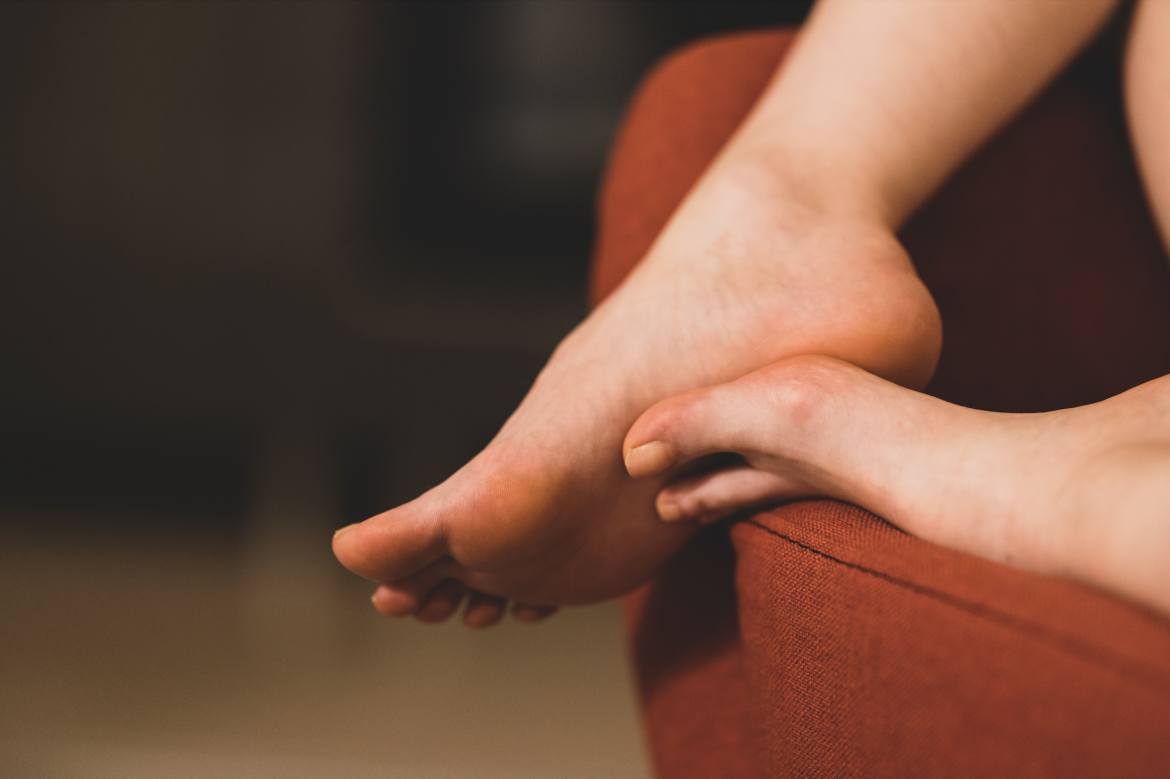‘Pins and needles’ – the feeling of tingling or prickling most commonly in the hands, feet, arms and legs – is a frequent subject of discussion in a doctor’s consulting room – and even more so lately! Most patients have gone online and, regrettably, will book the consultation worried that it’s the first sign of MS (multiple sclerosis).
ALSO SEE: Why you feel sleepy after eating
We refer to pins and needles as ‘paraesthesia’. People use the term to mean anything from numbness to a ‘dead leg’. Ask 10 people what a ‘dead leg’ is, and you will get 10 different answers!
Typically, pins and needles occurs when sustained pressure is placed on nerves, disrupting normal blood flow or nerve function. This pressure can result from sitting or sleeping in a position that compresses nerves, such as crossing legs or leaning on an arm.
Paraesthesia can show up as a symptom of serious conditions such as Multiple Sclerosis – an autoimmune disease affecting the central nervous system, causing varied symptoms and potential disability.
However, pins and needles are incredibly common. Typically, the symptoms come and go, but doctors tend to worry if they’re persistent and worsening.
Another concern would be if the symptoms were associated with muscle weakness or loss of function. Problems with bowel and bladder control would be another red flag. Your doctor would also be concerned if patients experience associated headaches, fatigue or night sweats.
If you don’t have any of these, something like MS is much less likely.
What could it be a sign of?
So, what else might it be? It could be due to diabetes or vitamin B12 deficiency (from a diet low in meat and dairy). A blood test detects these. It may be down to alcohol or drug use. The latter covers prescription and recreational drugs, so be honest with your doctor.
Pins and needles can also be caused by a trapped nerve or repetitive use of a joint, for example, doing computer work. It may be from dysfunction in the thyroid gland, poor circulation or anxiety. Fad diets can negatively impact nutritional levels and be a trigger.
Our best advice? Before you self-diagnose online, get a diagnosis from an actual doctor.
ALSO SEE:
Not chewing properly has a surprising impact on your health, here’s why
Feature Image: Unsplash

